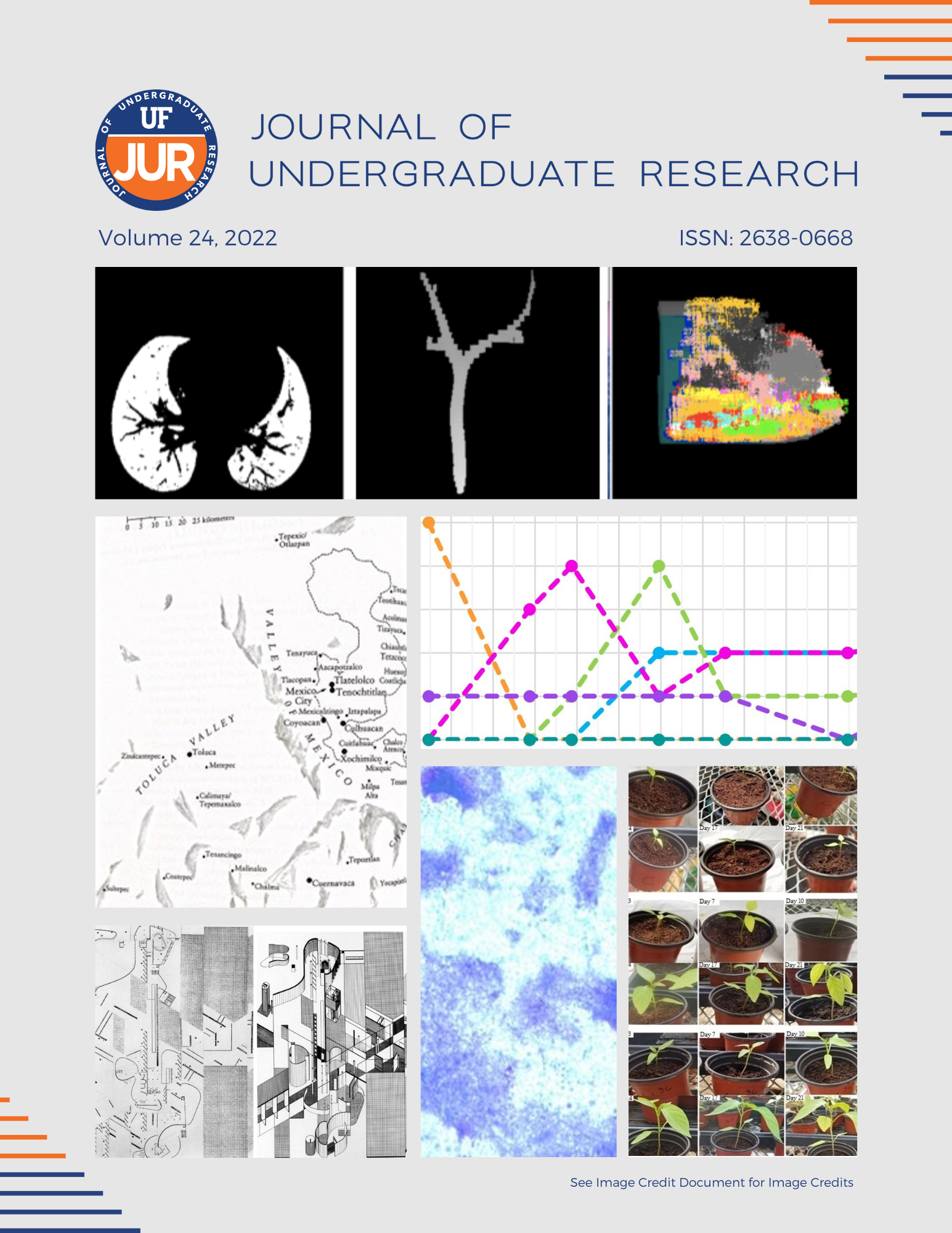Testaments of Autonomy: How Women's Social and Economic Mobility Transformed Under Nahua and Spanish Influence
DOI:
https://doi.org/10.32473/ufjur.24.130774Keywords:
Nahua culture, Spanish culture, Indigenous women, Culhuacan, Toluca, avenues of mobility, economic autonomy, final wills and testamentsAbstract
Did European gender values undermine the autonomy of Indigenous women in colonial Mexico? This article will answer the aforementioned question by examining women’s lives in Mexico during the colonial period from approximately 1500 to 1800. Close analysis of last wills and testaments left behind by women in Culhuacan during the sixteenth century demonstrate that they enjoyed greater avenues of social mobility than did women in Toluca during the seventeenth and eighteenth centuries. This analysis will inform readers of the evidence drawn from these cultures and the significant conclusions it generates. An examination of two separate corpuses of last wills and testaments left behind by Indigenous Mexican women exposes variances in women’s avenues of social mobility under Nahua and Spanish influence in Culhuacan and Toluca during the sixteenth and eighteenth centuries, respectively. Prior to Spanish invasion, Nahua culture gave the women of Culhuacan economic and social autonomy. Certain pre-Hispanic privileges, such as holding public offices, were still conserved at the end of the 16th century. However, a gradual replacement with Spanish values and structures that was nearly complete by the 18th century diminished women’s autonomy. But no matter how much their independence decreased, women still did all they could with what they had.
Metrics
Downloads
Published
Issue
Section
License
Copyright (c) 2022 Kiana Polanin

This work is licensed under a Creative Commons Attribution-NonCommercial 4.0 International License.
Some journals stipulate that submitted articles cannot be under consideration for publication or published in another journal. The student-author and mentor have the option of determining which journal the paper will be submitted to first. UF JUR accepts papers that have been published in other journals or might be published in the future. It is the responsibility of the student-author and mentor to determine whether another journal will accept a paper that has been published in UF JUR.

